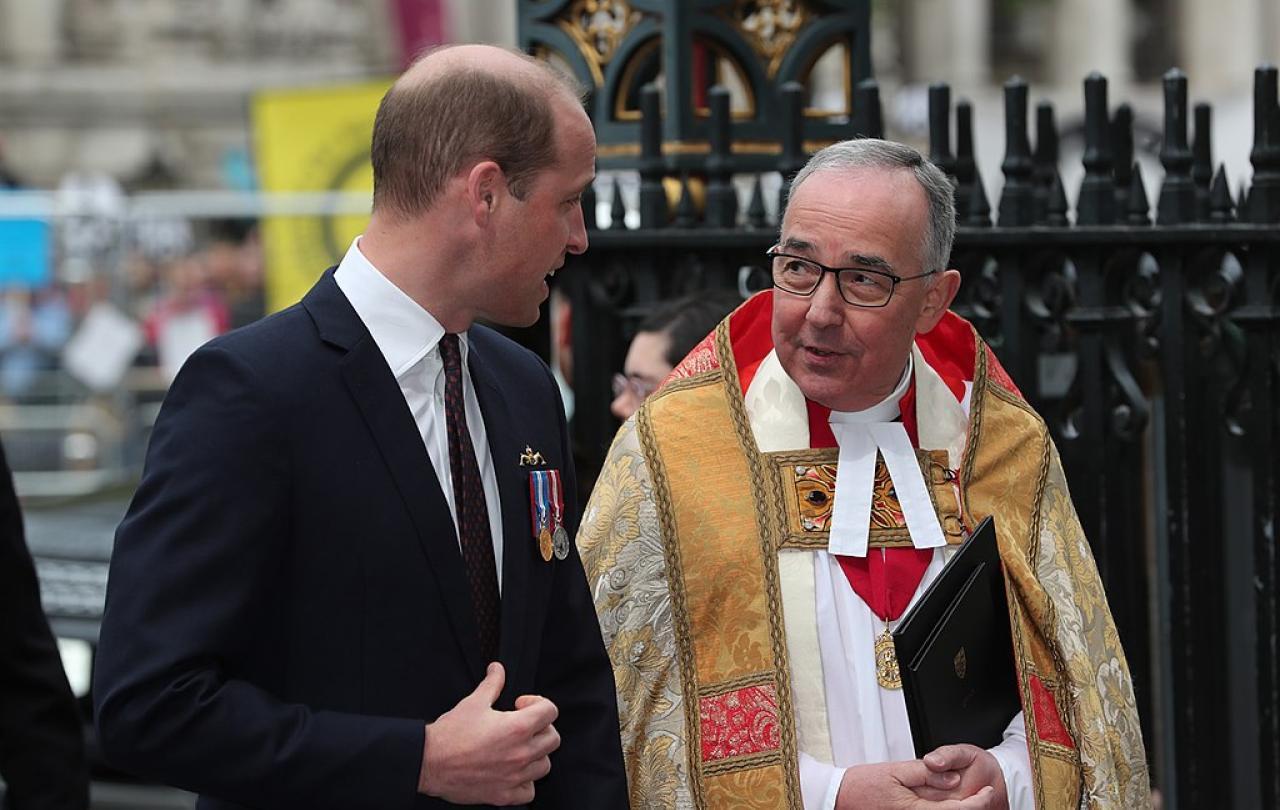
Racist violence is back on the streets of Britain. Some say it never went away in the first place. Never mind that we have just had our first brown Prime Minister or that we have the most diverse cabinet in history. Just listen to the chants on the streets, watch a viral video of a lone black or Asian man being kicked to the ground by a gang of white men, or read the graffiti on the sides of hotels housing asylum-seekers who fled the Taliban because they dared to help the British army. Talk to those who feel afraid - most will agree: racist violence is back and it is unacceptable.
The riots on the streets of cities around the UK brings back all too painfully for me the memory of those dark corners of my school yard where I was trapped by bullies throwing insults and punches in my direction, just because my skin colour was different. Now once again, I, along with my friends and family, and all communities of colour, are beginning to think twice before we leave our homes or walk down our streets.
Back when I was just that kid in the playground, I once opened a can of cola that, unbeknown to me, had been shaken vigorously. As I heard the crack of the ring pull, I was immediately drenched by a fountain of black sugary liquid and an eruption of cruel laughter. That humiliating event of my childhood perhaps offers an insight into what is going on in the UK right now: the tragic incident on Hart Road in Southport where three young girls were murdered was the ring-pull moment that has unleashed the bottled-up frustration of disaffected people around the country – a frustration which has been deliberately and openly stirred up through divisive rhetoric over many years.
Cultural Christians are more unsympathetic to asylum-seekers than any other group of immigrants.
It is not only the rioters who are to blame for this wave of violence. We must also hold accountable those who have been shaking the can. Those who have stirred up anti-immigration sentiment for personal gain, spreading lies and misinformation. Those who have tried to win votes and build careers and influence or grab headlines by scapegoating those who have lost everything and sought sanctuary in the UK. Those who have not questioned as we have drained resources out of schools, cut youth services and failed to provide affordable housing or realistic job prospects. Those who have assimilated a hostility towards asylum-seekers.
Sadly, the can has also been shaken by some who call themselves Christians. Recent protesters in London have been heard using anti-Islamic rhetoric alongside their chants that “Christ is King”. A small number of Christian influencers have consistently contributed to the anti-immigration stance and undermined the importance of diversity and multiculturalism. Data from the Faith and Religion thinktank Theos reveals that cultural Christians are more unsympathetic to asylum-seekers than any other group of immigrants. This despite all the incredible amount the church in the UK has done to lead the way in the welcome of new arrivals from Hong Kong, Afghanistan, Syria and Ukraine. More poignantly, the hostility stands in stark contrast to the Christian virtue of hospitality that permeates every book of the Bible, and every moment of Jesus’ life and teaching.
Racism is unacceptable, and there is a part for all of us to play in ensuring that this message is heard loud and clear. For a start we can refuse to turn a blind eye and pretend it is nothing to do with us. We can challenge anti-immigrant rhetoric. We can counter misinformation with truth. We can choose to deescalate violence and defend those who have become targets and clamp down on those who stir up hate. We can show support for all those who are seeking to keep the peace, and we can choose to foster a more inclusive, generous and compassionate society every day with our words and actions.





